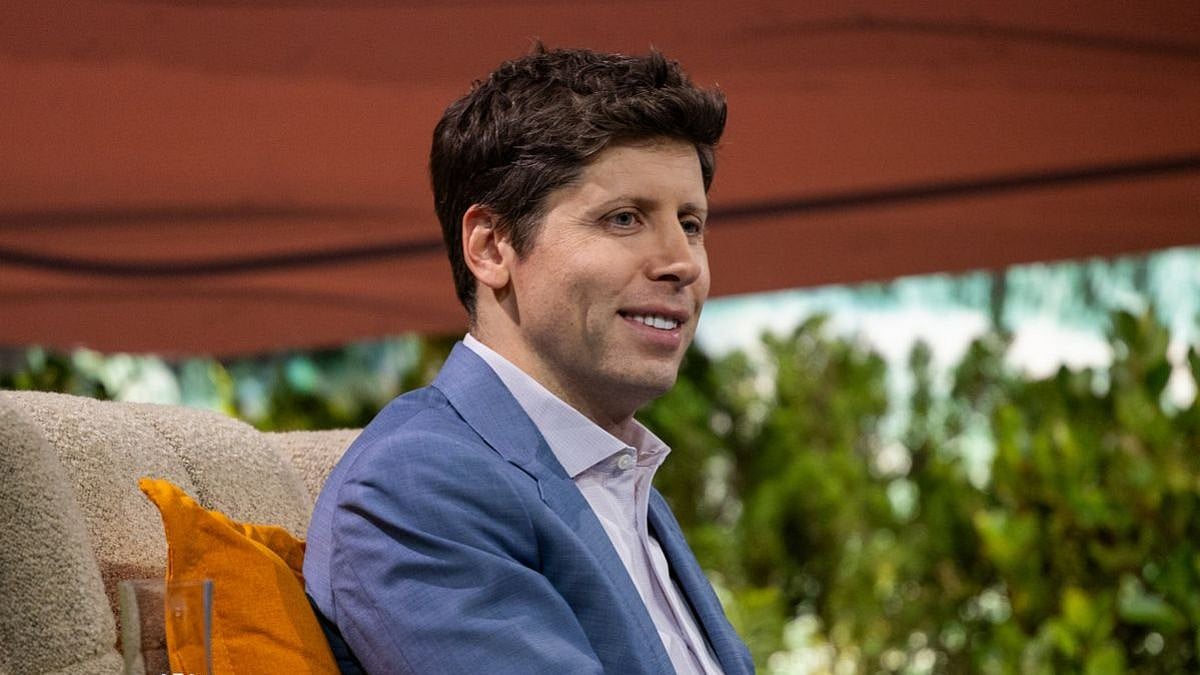The Tower of Babel in Lutyens’s Delhi has been witness in recent times to heated discussions on many subjects, ranging from the renaming of Rajpath to the installation of the statue of Netaji Subhas Chandra Bose and the Central Vista project. These bring to mind the central message of Gautama Buddha on the impermanence of life. What memories of these controversies will survive the ravages of time is a moot point. Many thinkers and poets over the past three millennia have lamented the ceaseless human quest for the material aspects of life — wealth, fame, power, glory, lineage, you name it. What unites these philosophers and writers is their recognition of the futility of human efforts directed wholly towards material ends, and the need to develop a perspective that recognises the ephemeral character of all human achievements. I am not decrying the efforts of (wo)man as a sentient being trying to achieve self-actualisation by putting efforts into actions that create things: whether objects, ideas or empires. But, in the last analysis, every creation must be accompanied by the realisation that it is doomed to change and, ultimately, destruction.
Thus, Solon had the wisdom (and the courage) to counsel the Greek monarch Croesus about the shifting sands of fortune, which proved true when Croesus was taken prisoner by Cyrus, King of Persia. Ashtavakra, in imparting knowledge to King Janaka, focused on the necessity of detachment (‘vairagya’) in the individual, thus freeing him from bondage to earthly cares and concerns. Bhartrihari, in his Vairagya Shatakam, stresses the fears that accompany accomplishments in life: enjoyment-disease, honour-humiliation, beauty-old age, body-death.
Shelley’s Ozymandias graphically highlights the futility of seeking permanence in human endeavour in the following words:
My name is Ozymandias, King of Kings;
Look on my works, ye Mighty, and despair!
Nothing beside remains.
The ruins of so many capital cities over the ages are testimony to the vagaries of fortune. Delhi itself has gone through at least eight metamorphoses over two millennia. The modern equivalent is the destruction of business empires, exemplified by Joseph Schumpeter’s term “creative destruction”, referring to the destruction of existing economic units and their replacement by new organisations. Only five of the top 100 U.S. companies of 1917 remain in the list today; half of the top 100 U.S. companies in 1970 have been replaced by newer companies. This is not because of price competition, but a reflection of revolutionary discontinuity following the introduction of new technology, new products and new forms of industrial organisation, much of which could not even have been envisaged decades earlier: we are only too aware of this in the age of the Internet and the ubiquitous all-in-one mini-computing devices.
In the arena of 20th-century politics, we have the empty boast of a Thousand Year Reich in Germany which lasted barely 12 years, a mighty Soviet Union that crumbled almost overnight after a little over 70 years of existence, and the endless parade of monarchs and dictators in countries around the globe. Pax Americana, which was taken as a given after the collapse of the Berlin Wall in 1989, is under serious threat today, as a multipolar world order seeks to rise to the surface. Scholars like Francis Fukuyama were sanguine about the rise of liberal democracies after the end of the Cold War; the first two decades of the 21st century see even long established democracies struggling to avoid being submerged in the tide of popular authoritarianism.
It is in the realm of the individual that the issue of impermanence assumes its most poignant shape. We are all witness to the movie superstar who fades into oblivion or the sportsperson racked by disease or facing impoverishment. Little wonder then that in the Mahabharata, Yudhisthira gave a reply to the Yaksha that “day after day, countless creatures are going to the abode of Yama, yet those that remain behind believe themselves to be immortal”. Adi Shankaracharya’s admonition to the person who takes pride in his/her youth, wealth and lineage is an apt reminder that all these accoutrements will fade away over time and be of no avail once the mortal body is shed.
What, then, is the meaning of this grand opera that we call life? Are we to shun all material comforts and pleasures in the gloomy knowledge that all these will be left behind by us one day? Not really. What needs to be realised is the evanescence of all that we enjoy today and the stoic acceptance of the fact that much of it can be taken away from us even before we leave this earth.
Perhaps the last thought on this subject should rest with a person whom I consider one of the greatest writers of the twentieth century, Albert Camus. His Myth of Sisyphus illustrates the absurdity of human existence even as it stresses the nobility of apparently meaningless human endeavour. Sisyphus was condemned by the gods to “futile and hopeless labour”, involving pushing a rock to the top of a mountain from where it would roll down all the way to the plains below, necessitating a fresh effort from him to push it up to the top of the hill (in some ways, this reminds me of the Vikram and Vetal stories, where the King, Raja Vikramaditya, has to repeatedly bear the burden of a corpse and answer the questions of the spirit inhabiting the corpse, though the latter tale has a definite closure, unlike the former). Sisyphus is the ‘absurd hero’, going through a torment which will never end. And yet, his awareness of the torment and his scorn for the fate that has befallen him makes him a truly wise man “...who lives on what he has without speculating on what he has not...”. Only when we reach awareness of our human condition can we say “...I am the master of my fate, I am the captain of my soul”.
The writer is a retired IAS officer of the Maharashtra cadre.




